Pavel Nedvěd (Part 1)
Pavel Nedvěd (Part 1)
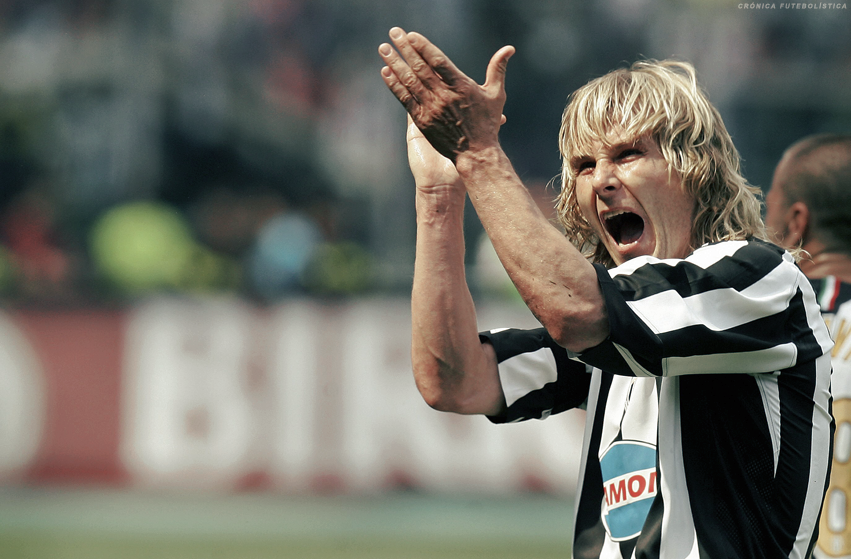
Pavel Nedvěd, born on August 30, 1972, is a Czech former professional footballer known for his midfield prowess. He is widely regarded as one of the finest midfielders of his era and among the most successful players from the Czech Republic. Nedvěd achieved both domestic and European success with Italian clubs Lazio and Juventus, notably leading Juventus to the 2003 UEFA Champions League final.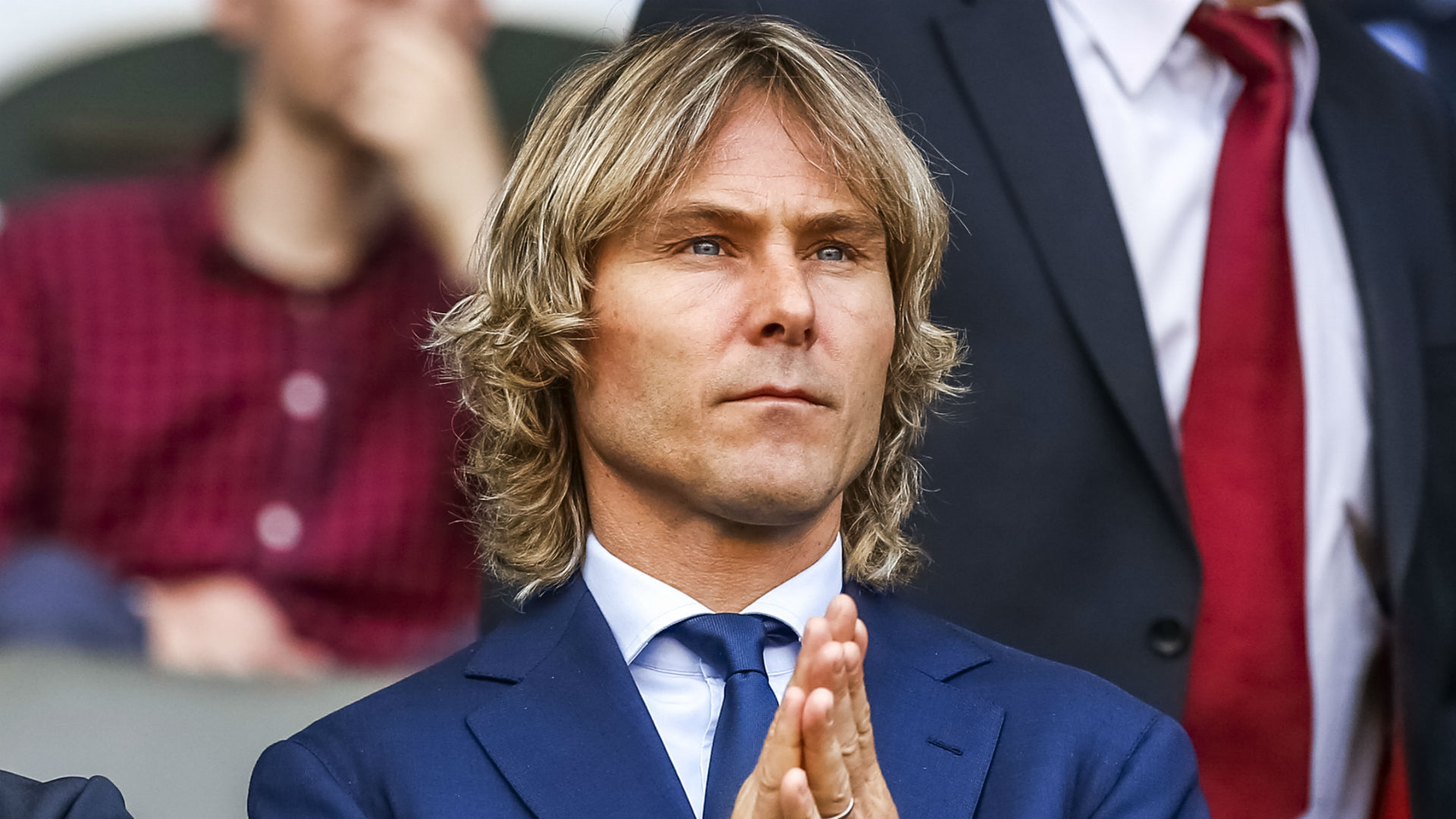
A standout performer for the Czech national team, Nedvěd played a crucial role in their journey to the final of Euro 1996. He also captained the team at UEFA Euro 2004, where they reached the semi-finals before falling to eventual champions Greece. Nedvěd's dynamic style of play earned him the nickname Furia Ceca among Italian fans and "The Czech cannon" in English-language media. In Czech, he is affectionately referred to as Méďa , a play on his surname and the Czech word for bear, Medvěd.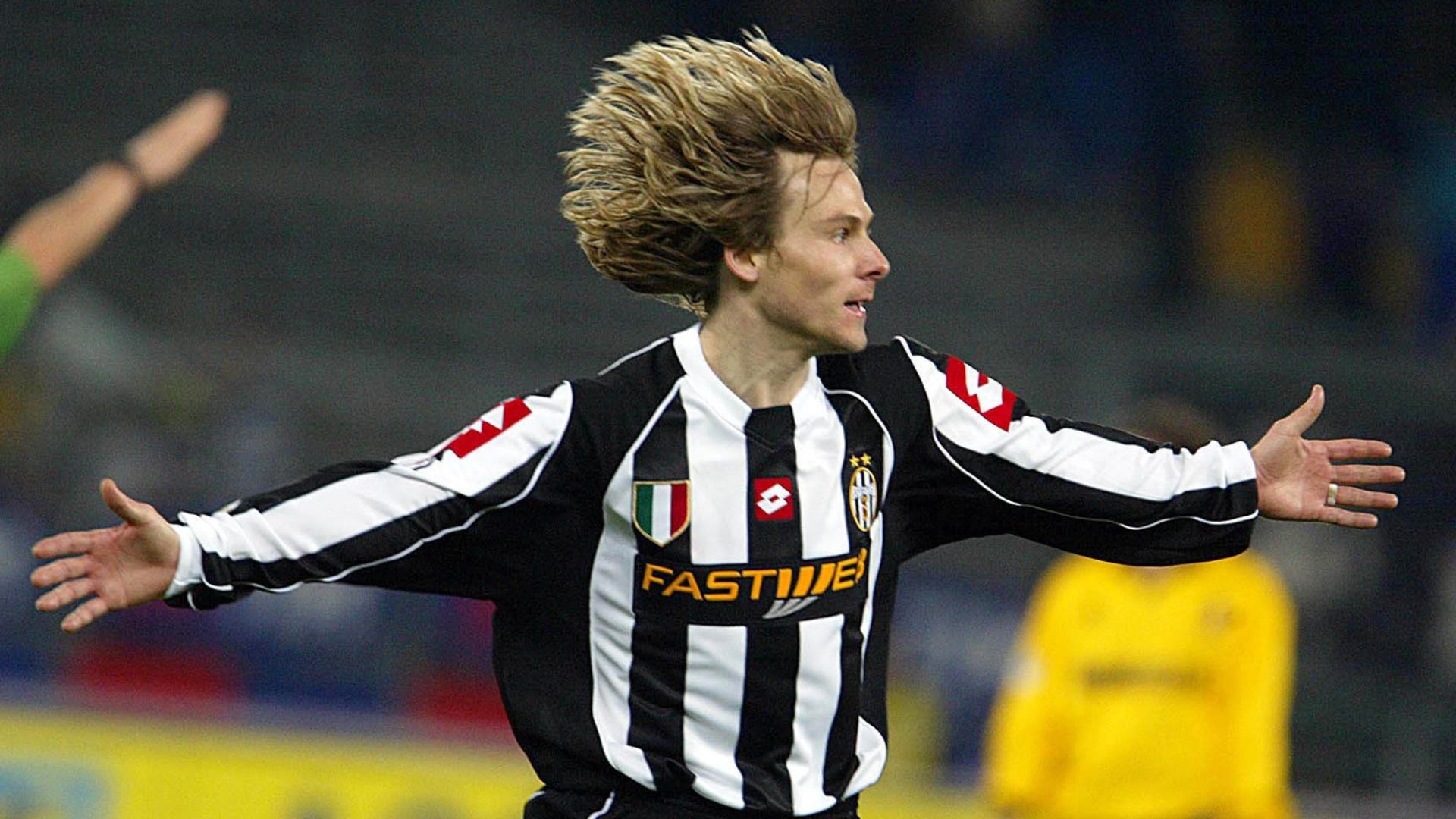
Nedvěd's individual accolades include winning the Ballon d'Or as European Footballer of the Year in 2003, making him the second Czech player to receive the honor. He also received numerous other awards such as the Golden Foot award in 2004 and was named Czech Footballer of the Year four times. Additionally, he was included in the FIFA 100 list by Pelé and featured in the UEFA Team of the Year in 2003, 2004, and 2005. After a distinguished 19-year professional career, Nedvěd retired in 2009, having played 501 league matches for his clubs and earning 91 caps for the Czech Republic national team.
Pavel Nedvěd was born on August 30, 1972, in Cheb and grew up in the nearby town of Skalná. His football journey began in Czechoslovakia, where he started playing for his hometown club Tatran Skalná at the age of five in 1977. He later joined Rudá Hvězda Cheb in 1985, playing there for one season before moving to Škoda Plzeň, where he spent five years.
In 1990, as part of his military service, Nedvěd was loaned to Dukla Prague, a club affiliated with the Army. During his time at Dukla Prague, he also played for VTJ Dukla Tábor, a lower division club operated by the Army. Nedvěd made his debut for Dukla Prague on October 28, 1991, and played one season with the club before completing his military service, which ended his loan from Plzeň.Nedvěd transferred to Sparta Prague, marking the next chapter of his career. As part of the transfer agreement, Plzeň was entitled to receive 30% of the transfer fee if Nedvěd moved to a foreign club.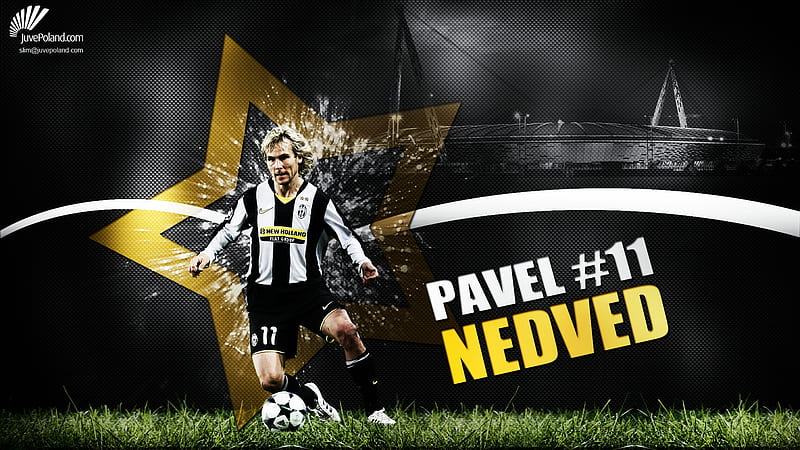
Nedvěd began his journey with Lazio on September 7, 1996, making his league debut in a 1–0 away loss against Bologna. His first league goal for the club came on October 20, 1996, against Cagliari, marking the start of a successful tenure. Throughout the 1996–97 season, he scored a total of seven goals.Becoming an indispensable part of the team, Nedvěd showcased his talent early in the 1997–98 season by scoring four goals in three matches. Lazio enjoyed a remarkable 24-match unbeaten streak from November 1997 to April 1998, which unfortunately ended with a league match against Juventus, where Nedvěd received a red card. However, despite this setback, Lazio managed to win the 1997–98 Coppa Italia and reached the final of the 1997–98 UEFA Cup.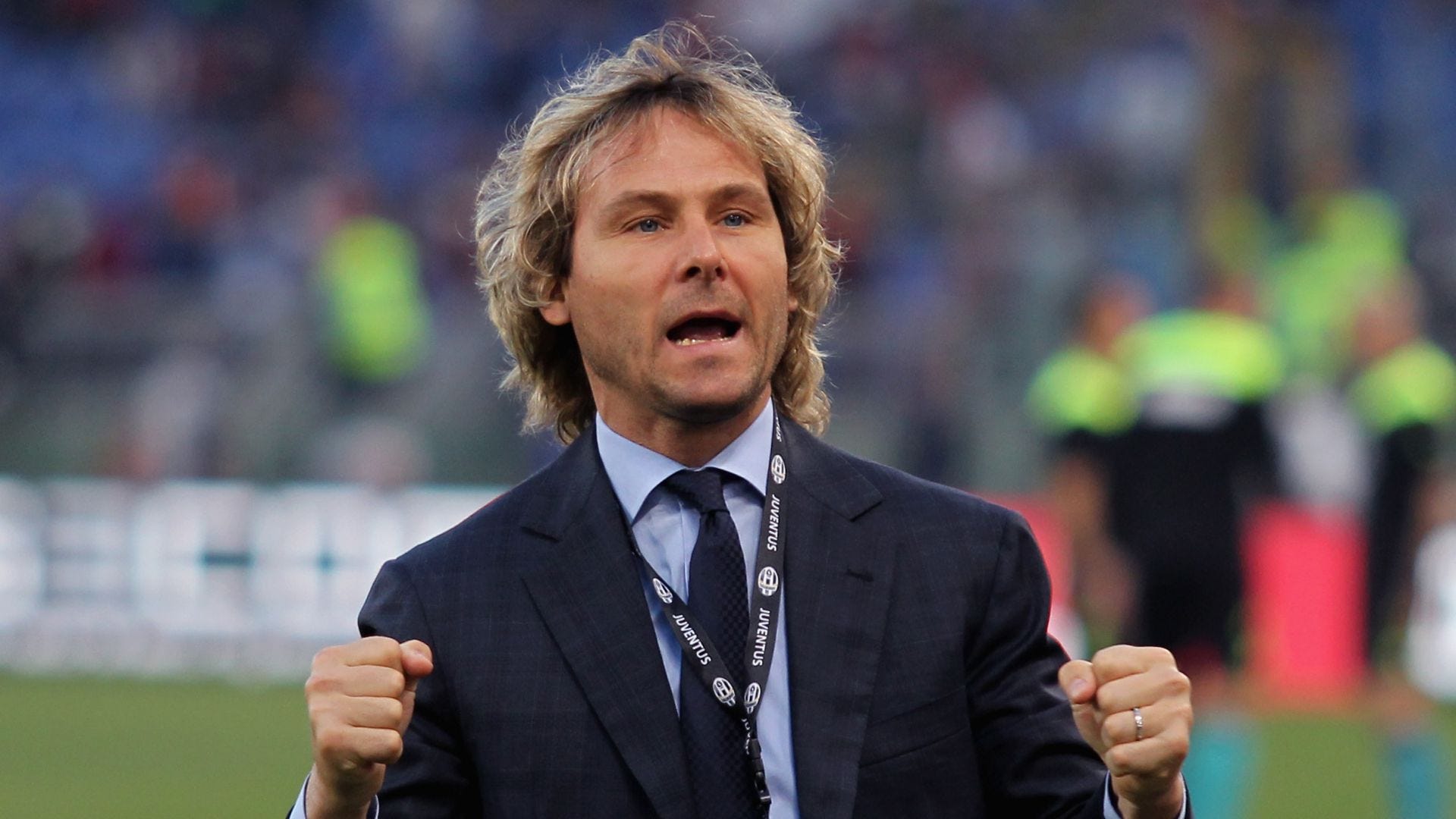
The 1998–99 season began with another victory for Lazio as they secured the Supercoppa Italiana, with Nedvěd contributing a goal in the 2–1 win over Juventus. He played a crucial role in Lazio's journey to winning the Cup Winners' Cup, scoring important goals throughout the tournament, including the decisive goal in the final against Mallorca.Nedvěd continued to excel at Lazio, helping the club secure the Serie A title and Coppa Italia in 2000, completing a domestic double. Despite these successes, Nedvěd and teammate Siniša Mihajlović were both sent off in the quarter-final of the 2000 Coppa Italia against Udinese.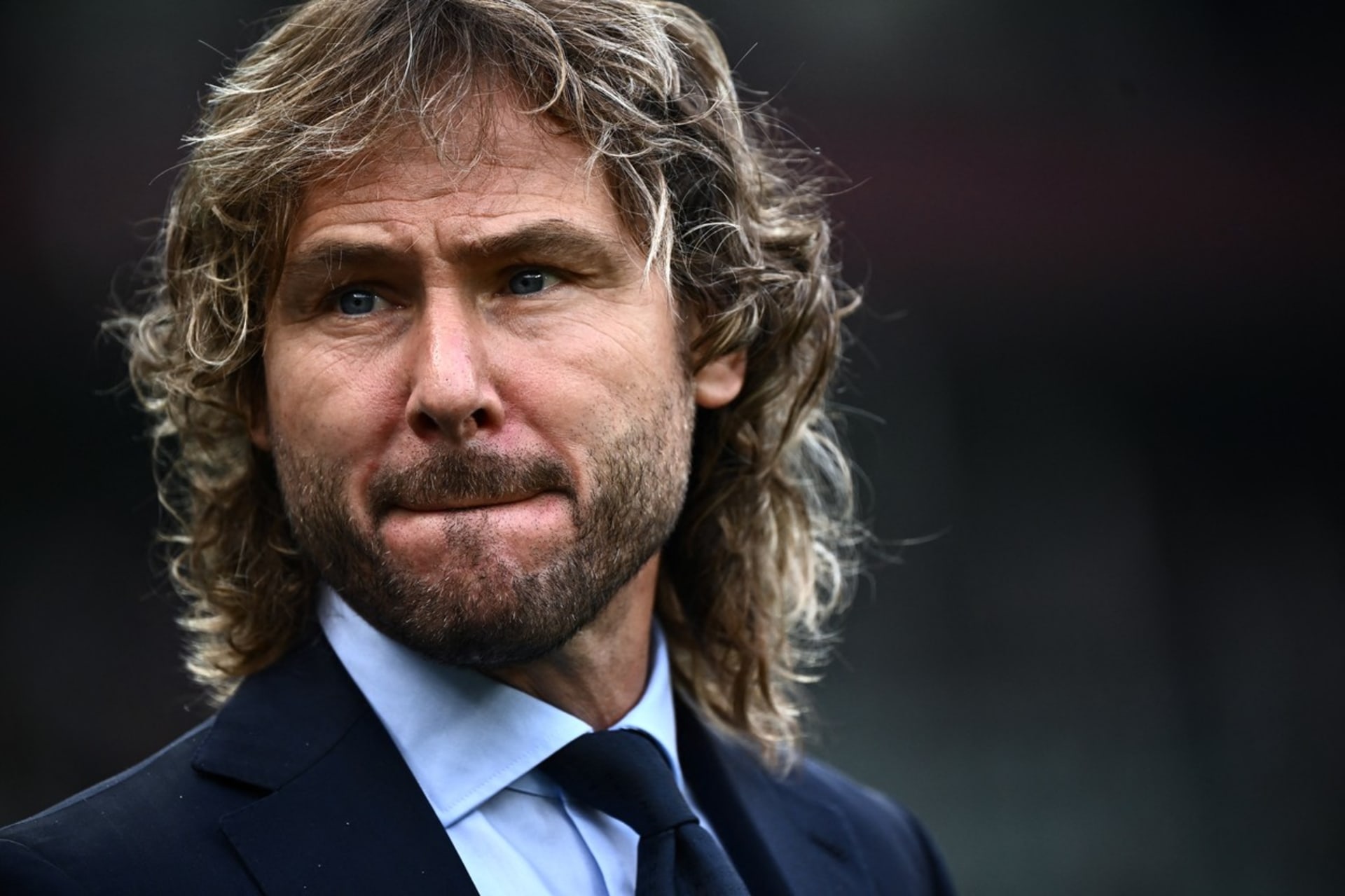
His time with Lazio also saw him compete in the UEFA Champions League, where he notably scored against Real Madrid. However, his Champions League campaign ended with controversy after receiving a suspension from UEFA following a challenge in a match against Leeds United.Despite signing a new contract with Lazio in April 2001, Nedvěd and teammate Juan Sebastián Verón were eventually sold to Juventus and Manchester United respectively, amidst attempts by the club to offload them, leading to protests from fans against the club chairman.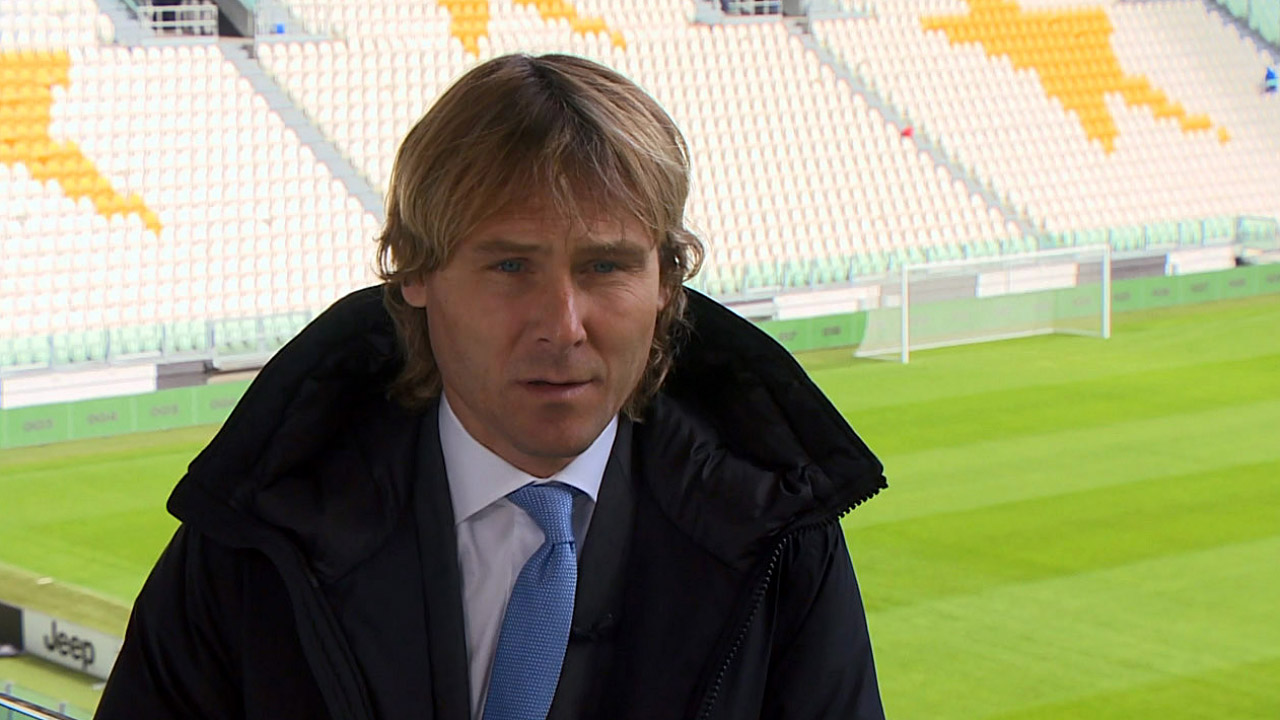
After his successful stint with Lazio, Nedvěd garnered interest from various clubs, including Manchester United and Chelsea, before eventually joining Juventus in July 2001 for a significant transfer fee. At Juventus, he filled the void left by Zinedine Zidane's departure to Real Madrid and became an integral part of the team, contributing to their Serie A triumphs in the 2001–02 and 2002–03 seasons.However, despite his pivotal role in Juventus' success, Nedvěd found himself embroiled in controversy. He protested against the Italian Footballers' Association's restriction on non-European Union players, leading to his resignation from the union. Although instrumental in leading Juventus to the 2003 UEFA Champions League final, he was forced to miss the final match due to suspension.
Nedvěd received significant recognition for his performances, winning the World Footballer of the Year award by World Soccer magazine in December 2003 and the European Footballer of the Year award later that month. Additionally, he received the Golden Ball award in his native Czech Republic for the fifth time in seven years in 2004.The 2004–05 season proved challenging for Nedvěd due to injuries, and he even contemplated retirement. Although Juventus continued to win Serie A titles in subsequent years, they were revoked due to the Calciopoli match-fixing scandal. Despite the club's relegation to Serie B in the aftermath of the scandal, Nedvěd remained committed to Juventus, expressing his desire to help them regain promotion.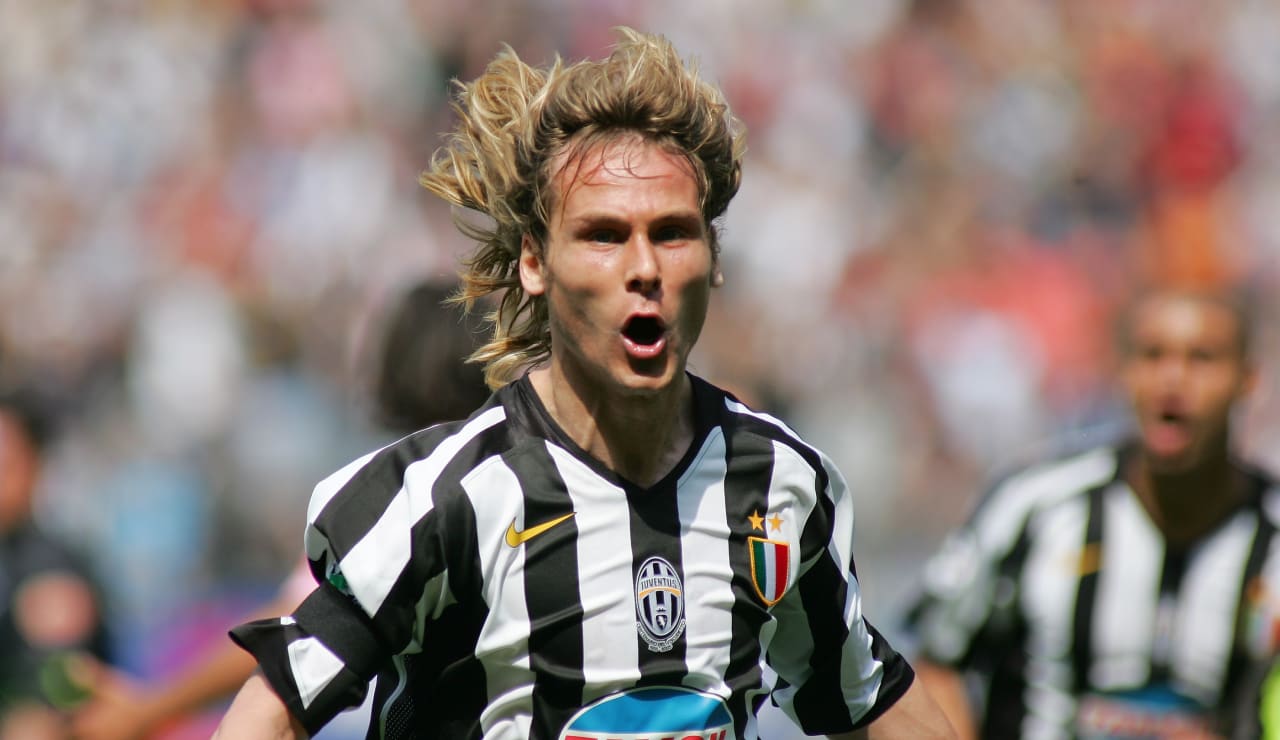
Nedvěd announced his retirement at the end of the 2008–09 season to spend more time with his family. His final season saw him continue to play a crucial role for Juventus, scoring important goals and captaining the team in his last match against former club Lazio, culminating in a 2–0 victory.
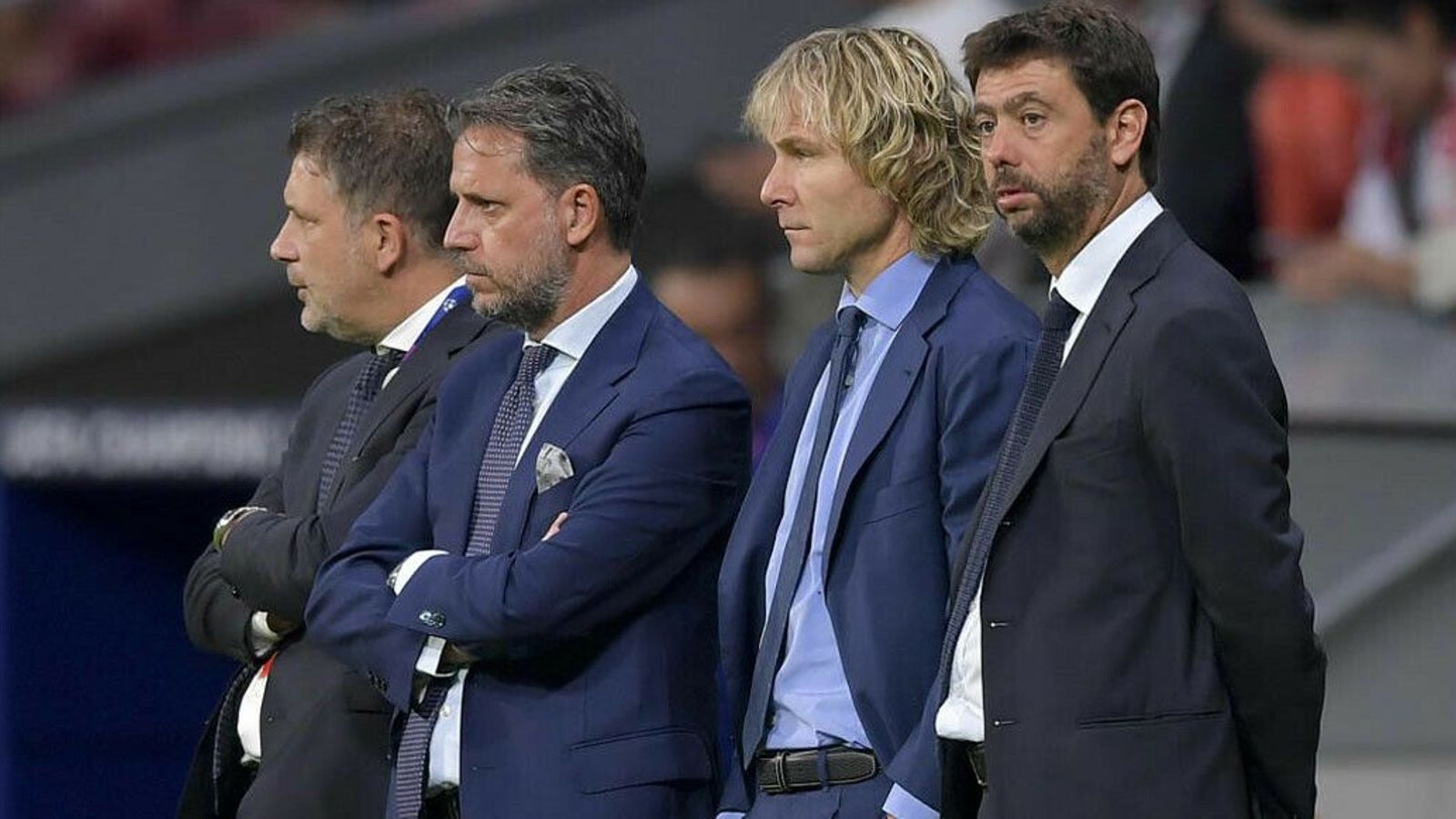
References
- Nedvěda!". iSport (in Czech). Retrieved 7 October 2015.
- ^ Giancarla, Ghisi (11 July 1996). "Nedved alla Lazio, Bierhoff viaggia verso Torino". Corriere della Sera (in Italian). Retrieved 17 August 2014.
- ^ "Taking balls: The numbers game". Sunday Mail. The Free Library. 1 August 2004. Retrieved 17 August 2014.
- a b "Italy Championship 1996/97". Rec.Sport.Soccer Statistics Foundation. Retrieved 20 January 2013.
- ^ Trow, Paul (5 October 1997). "Football: Barcelona under fire". The Independent. Archived from the original on 3 June 2013. Retrieved 12 January 2013.
- ^ "Football: Juventus back on top as they end Lazio's unbeaten run". The Independent. 6 April 1998. Archived from the original on 4 June 2013. Retrieved 12 January 2013.
- ^ "Italy – Coppa Italia History". Rec.Sport.Soccer Statistics Foundation. Retrieved 3 June 2013.
- ^ "UEFA Cup 1997–98". Rec.Sport.Soccer Statistics Foundation. Retrieved 3 June 2013.
- a b "Italy Super Cup Finals". Rec.Sport.Soccer Statistics Foundation. Retrieved 3 June 2013.
- ^ "Lazio's route to the final". Sports Illustrated. 18 May 1999. Archived from the original on 16 January 2014. Retrieved 3 June 2013.
- ^ Thomas, Russell (20 May 1999). "Nedved volley gives Lazio a famous first". The Guardian. Retrieved 3 April 2015.
- ^ uefadirect, Issue 100: August 2010, Page 15 "European Cup Winners' Cup makes its debut".
- ^ Dobson, Stephen; Goddard, John (2001). The Economics of Football. Cambridge: Cambridge University Press. p. 36. ISBN 0-521-66158-7. Retrieved 24 January 2014. football pavel nedved -wikipedia.
- ^ "Sport: Football Man Utd lose to Super Lazio". BBC Sport. 27 August 1999. Retrieved 12 January 2013.































































